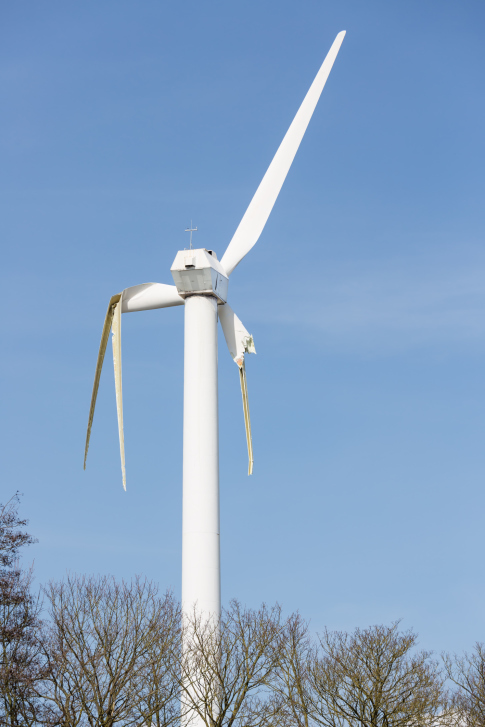SunEdison, which bills itself as the largest green energy company in the world, a company the National Review reports has received more than $1.5 billion in state and federal government subsidies and loan guarantees, is preparing to file for bankruptcy protection from its creditors.
SunEdison’s financial collapse would rank as one of the largest in recent years. The company had a market value of more than $10 billion in July of 2015 with its stock trading at approximately $32 per share. Now the company, saddled with nearly $8 billion in long-term debt, is valued at just $150 million, with its stock trading at less than $1.00 per share.
According to the Securities and Exchange Commission (SEC), SunEdison is considering a mass liquidation of its assets, noting the company is delaying its annual financial reports to the SEC.
Compounding SunEdison’s financial difficulties, the company is also being investigated by the Justice Department and the SEC concerning its finances and disclosures made to its investors.
Record of Green Energy Failure
In an article in the National Review, Robert Bryce, a senior fellow at the Manhattan Institute, notes SunEdison is not the first example federal taxpayers funds given to prop up poor management in the “clean energy” sector. In late March, the Spanish energy company Abengoa SA filed for Chapter 15 protection in U.S. bankruptcy court in Wilmington, Del., claiming some $16.5 billion in debt.
As Bryce writes:
[l]ike SunEdison, Abengoa has been a leading promoter of solar projects in the U.S. According to Subsidy Tracker, Abengoa has received $986 million in federal grants and tax credits, as well as another $7.8 million in state and local subsidies. The bulk of that sum — about $841 million — was for solar projects. But the company has also collected about $122 million in federal grants for biofuel projects in Kansas, Illinois, and Nebraska. Several of Abengoa’s biofuel plants have already been shuttered, including a plant in Hugoton, Kans., that was supposed to be making cellulosic ethanol (that is, alcohol made with non-food feedstocks.
Looking also at government support for failed solar company Solyndra and failed battery companies Ener1 and A123, Bryce concludes, the government has not been picking winners and losers in the marketplace with taxpayer subsidies, just losers.
“[B]etween the collapse of Abengoa and the looming bankruptcy of SunEdison, federal taxpayers have shelled out some $5 billion in direct grants and loan guarantees to lousy management teams in subsidy-dependent businesses that would never have grown to their current size had they not been able to binge on taxpayer cash,” writes Bryce.
Michael McGrady ([email protected]) writes from Colorado Springs, Colorado.




